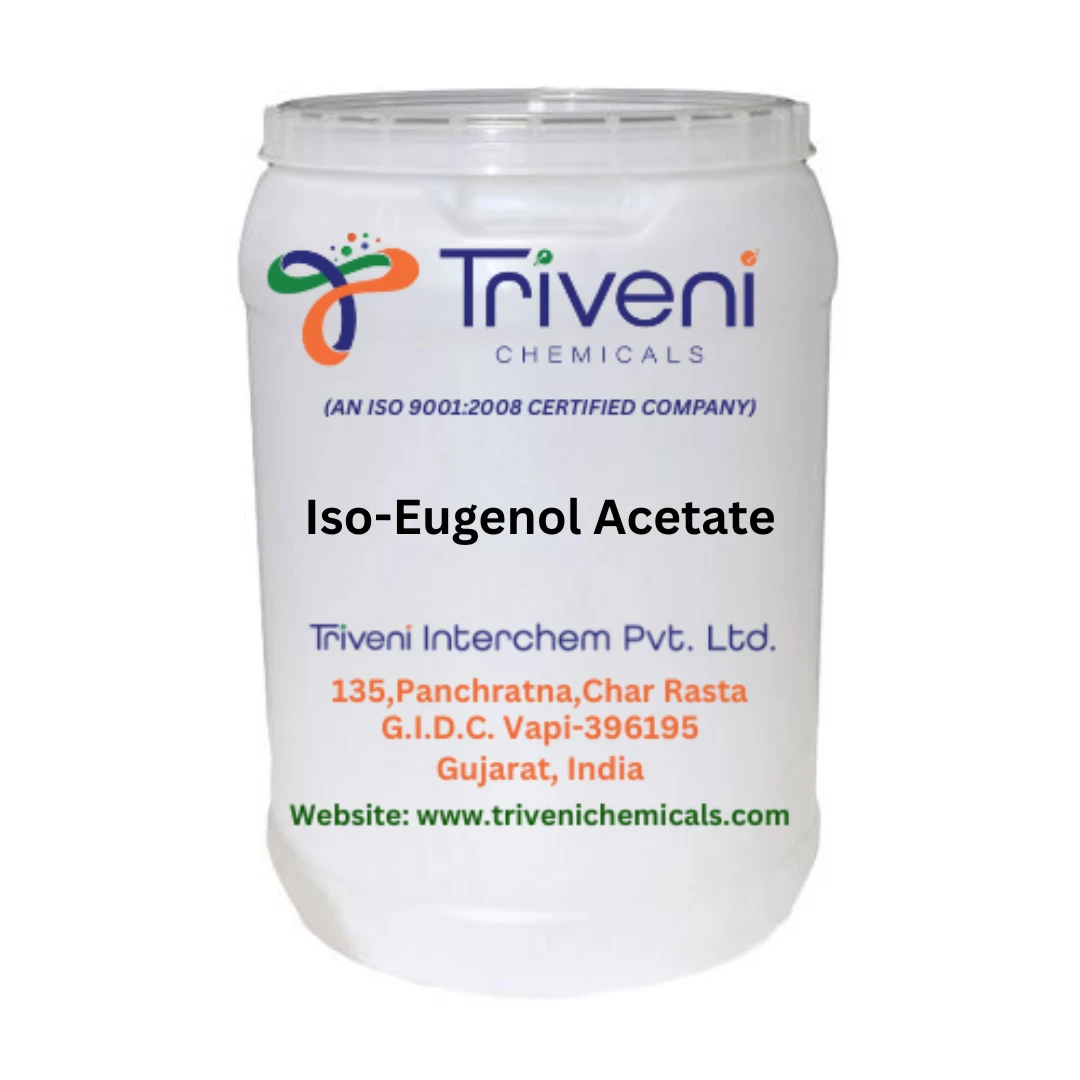Naturally occurring phenolic chemical eugenol is present in many different plants, the most common being cloves. Because of the phenylpropanoid skeleton that makes up its chemical structure, this molecule belongs to the allylbenzene class. The pungent scent of eugenol adds to the distinctive flavor of cloves and other spices. Eugenol's..
Naturally occurring phenolic chemical eugenol is present in many different plants, the most common being cloves. Because of the phenylpropanoid skeleton that makes up its chemical structure, this molecule belongs to the allylbenzene class. The pungent scent of eugenol adds to the distinctive flavor of cloves and other spices. Eugenol's extensive application in the flavor and aroma sectors is one of its most noteworthy qualities. Because of its attractive aroma and antibacterial qualities, it is an essential ingredient in the production of perfumes, soaps, and dental treatments. Because of its analgesic, anti-inflammatory, and antibacterial qualities, eugenol is also an essential component of traditional medicine. Eugenyl compounds are a group of derivatives and analogs of eugenol that have been produced for a variety of uses. These changes are intended to improve particular characteristics or add new features. For example, because of its flowery and spicy characteristics, methyleugenol, a homolog of eugenol, is frequently utilized in the perfume industry. Eugenyl compounds have drawn interest lately because of their possible medicinal uses. Studies indicate that these substances could have anti-inflammatory, anti-tumor, and antioxidant characteristics, which makes them promising targets for medication development. Eugenol's and its derivatives' distinct chemical structure permits a variety of alterations, allowing scientists to customise the chemicals for certain medicinal uses. It is imperative to acknowledge that although eugenyl compounds exhibit encouraging promise, additional investigation is necessary to comprehensively comprehend their methods of action and any adverse consequences. To guarantee safety and efficacy, like with any bioactive substance, great thought must be paid to dosage, formulation, and administration. In conclusion, eugenyl compounds—which are generated from eugenol—have a wide range of uses in flavor, aroma, and medical fields. Because of their special chemical makeup, they are useful for a wide range of applications, from improving consumer products' sensory experiences to investigating possible medical and health benefits.
Eugenyl Compounds are used in fragrance and flavor industries, while Eugeroic enhances alertness. 5-nitroindazole serves as a biochemical probe.



